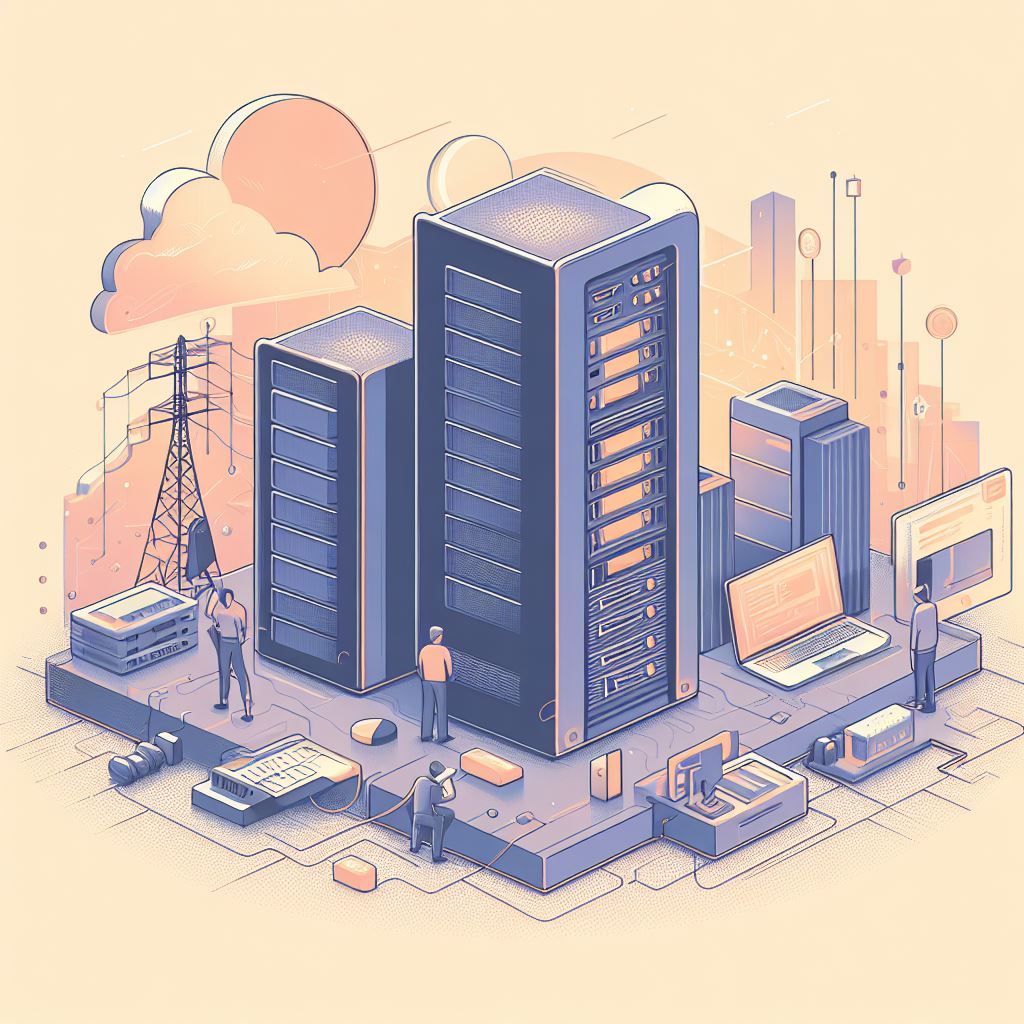Tips for Choosing the Right Data Center Location for Your Dedicated Server

Choosing the right data center location for your dedicated server is crucial for ensuring optimal performance, reliability, and security. Here are some tips to help you make an informed decision:
- Proximity to Target Audience:
- Consider the geographical location of your target audience. Closer proximity to your users can reduce latency and improve the overall user experience.
- Redundancy and Reliability:
- Look for data centers with redundant power sources, network connections, and cooling systems. This ensures that your server stays online even in the event of hardware failures or power outages.
- Natural Disaster Risk:
- Assess the natural disaster risk in the area. Avoid regions prone to earthquakes, hurricanes, floods, or other disasters. Choose a location with a low risk of natural disasters.
- Network Connectivity:
- Evaluate the quality and diversity of network connections available at the data center. Multiple, high-speed connections from different providers can ensure better redundancy and performance.
- Security Measures:
- Ensure that the data center has robust physical security measures in place, including access controls, surveillance cameras, and onsite security personnel.
- Compliance and Regulations:
- Verify that the data center complies with industry-specific regulations and standards, such as HIPAA for healthcare or GDPR for data protection.
- Cost Considerations:
- Compare the costs of different data center locations, factoring in not just the hosting fees but also any additional expenses like bandwidth charges, setup fees, and potential taxes.
- Scalability:
- Consider the future growth of your business. Choose a data center that can accommodate your scalability needs, whether it's upgrading to more powerful servers or adding additional servers.
- Climate and Environmental Conditions:
- Ensure that the climate and environmental conditions are suitable for your servers. Extreme temperatures, humidity, or dust levels can affect the performance and lifespan of your equipment.
- Support and Maintenance:
- Check the availability of technical support and maintenance services. A data center with a responsive support team can be crucial in case of any issues or emergencies.
- Carrier Neutrality:
- A carrier-neutral data center allows you to choose from multiple network providers, giving you more flexibility and redundancy in your connectivity options.
- Reputation and Track Record:
- Research the reputation and track record of the data center provider. Look for reviews, testimonials, or case studies to gauge the experiences of other customers.
- Data Privacy and Compliance:
- Ensure that the data center follows best practices for data privacy and compliance with relevant regulations. This is especially important if you handle sensitive or personal information.
- Backup and Disaster Recovery:
- Inquire about the data center's backup and disaster recovery procedures. Regular backups and a solid recovery plan can safeguard your data in case of unforeseen events.
Remember that the right data center location will depend on your specific needs, industry requirements, and target audience. Take the time to thoroughly research and compare options before making a decision.



